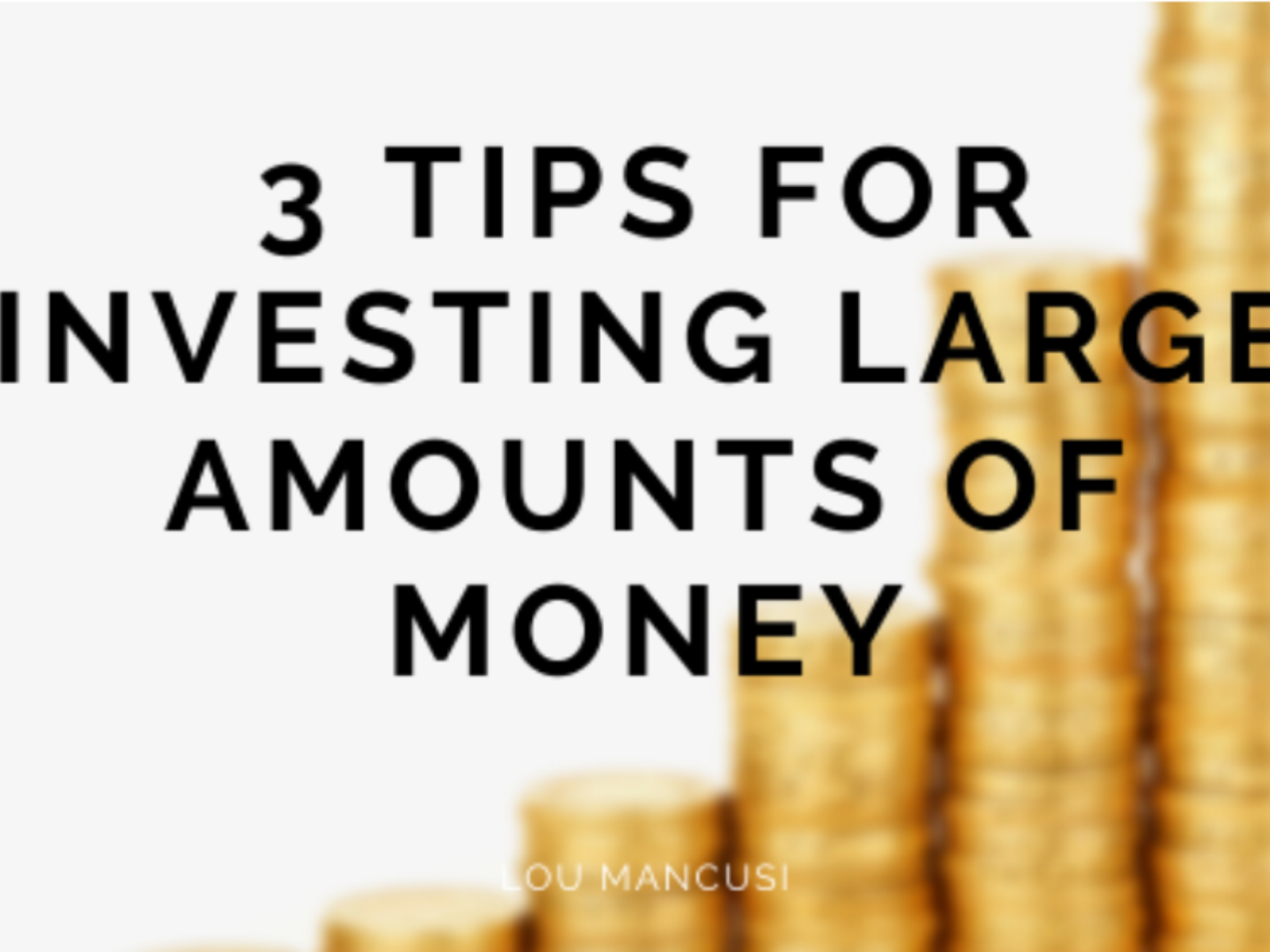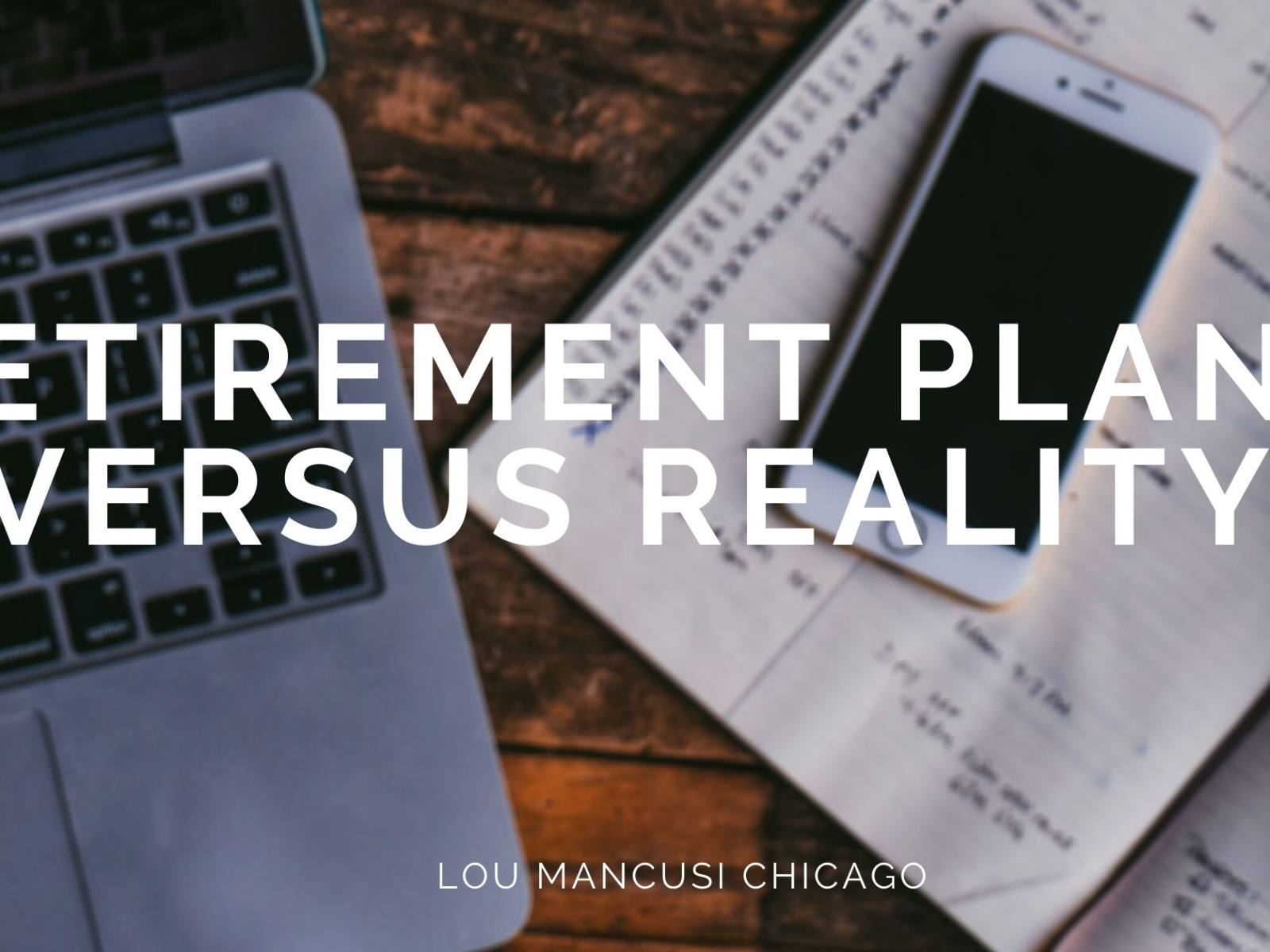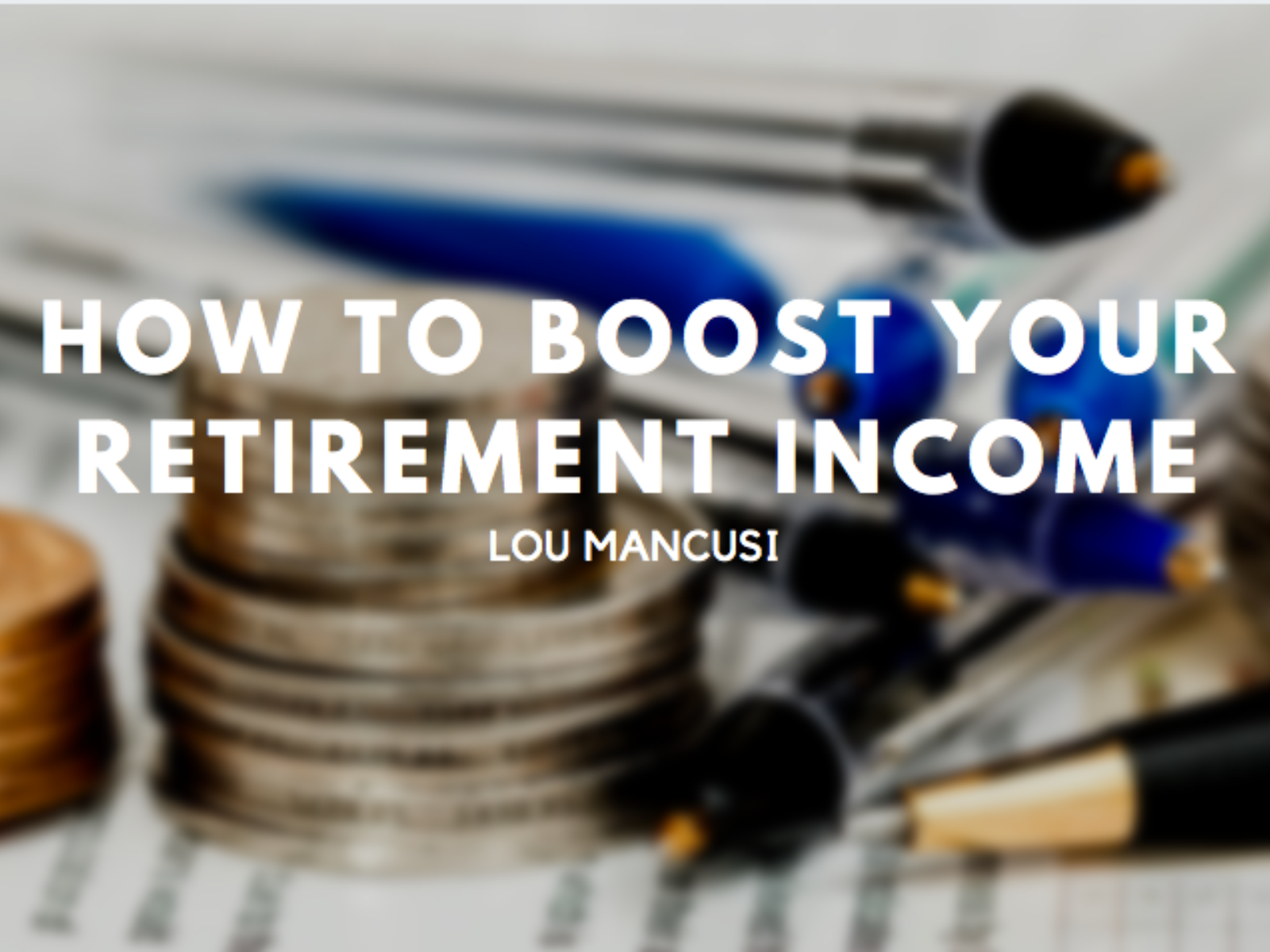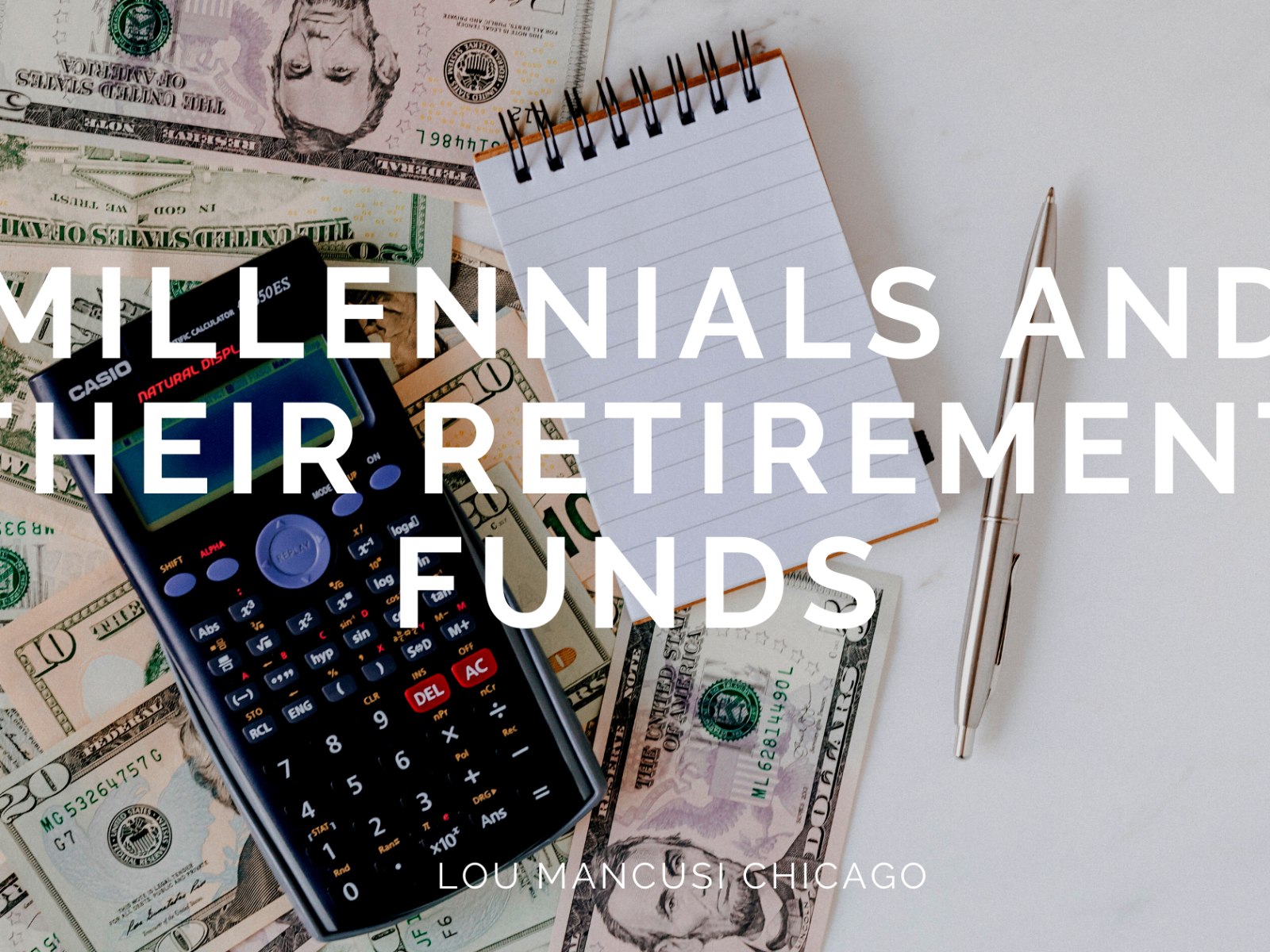Economists believe that a recession is inevitable during 2020’s “coronavirus” pandemic.
Fear and panic have led to a reduction in U.S.-business revenues since March-2020’s announcement of a global quarantine. United-States-unemployment rates have spiked higher after businesses have closed in their effort to keep citizens socially distant. 2020’s drop in business transactions is now threatening national cash flows.
Here are a few steps to consider as you brace yourself for a potentially larger recession:
Asking About Your Needs and Wants
A solid approach for people who haven’t been working or don’t know when they’ll work again is to adjust their spending to account for their lost incomes. A secure way of managing your spending in a recession is to decipher the difference between your needs and your fears. The way a pandemic stresses public resources makes it imperative that we limit spending to things we need. Determine the needs you have by not buying anything that isn’t necessary for survival.
Leaving Your Retirement Funds Alone
Since anxiety and fear are the emotional influences behind the spread of a deadly, public virus, you might develop the urge to “panic buy.” Together, we must work to disable fear from dictating our thoughts and actions, for losing ourselves to insecurity can lead to detrimental-financial decisions. Among the poor-financial decisions that people have historically made during a recession is in exhausting their retirement funds.
You can keep your retirement money safe by, instead, focusing on new ways of making an income.
Adjusting Your Investments—Asking for Help
The idle time that Americans have during a social-distancing quarantine is the ideal time to look into diversifying their investment options. The isolation period of 2020’s pandemic is a window of opportunity to adjust your “will and testament” also. Adjusting your finances calls for you to get rid of costly assets while keeping scalable ones intact.
You can also ask yourself about what percentage of stocks, which are volatile investments, that you now want to hold versus bonds, which are stable assets.
David A. Noyes and Co. is a DBA of Sanctuary Securities, Inc., Investment products and services are offered through Sanctuary Securities, Inc., Member FINRA and SIPC.
Please login to comment.









